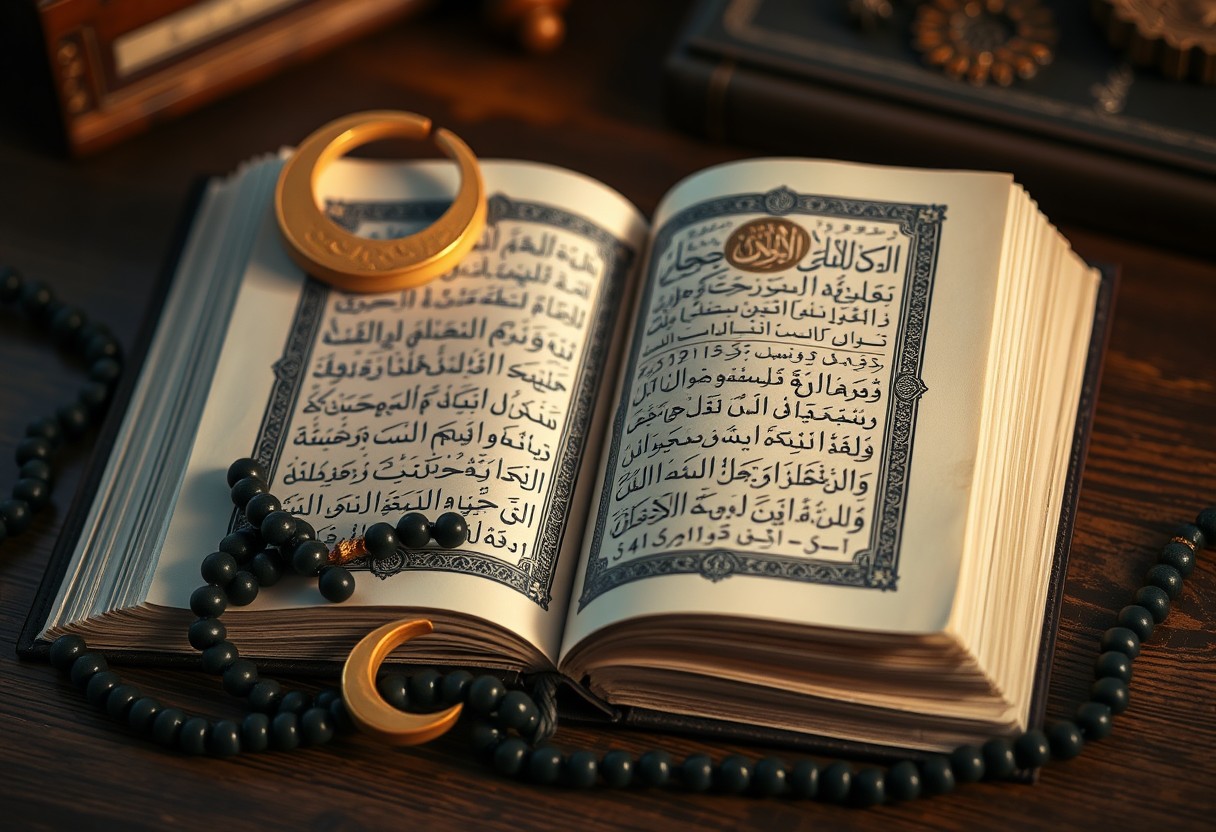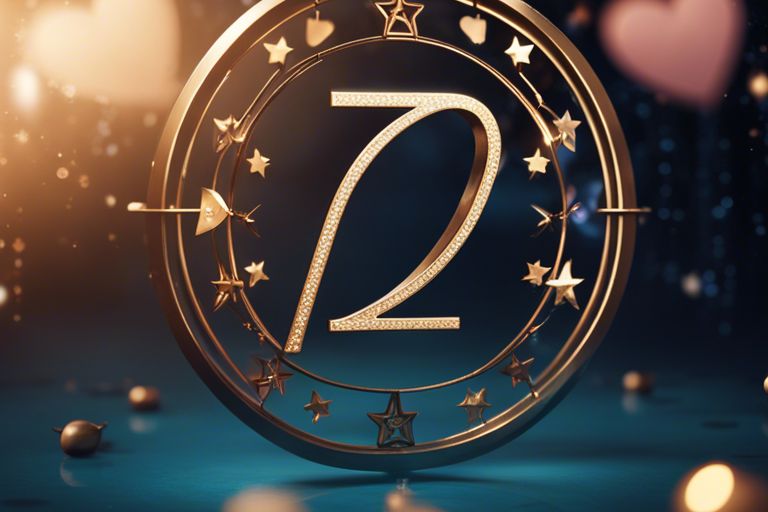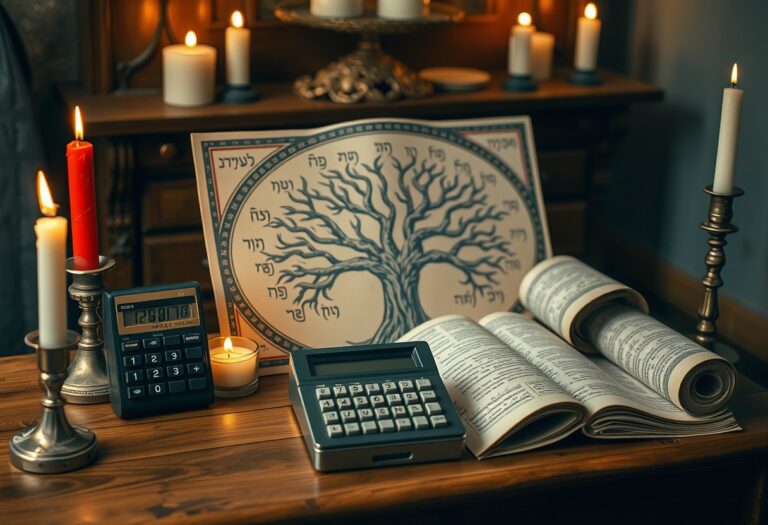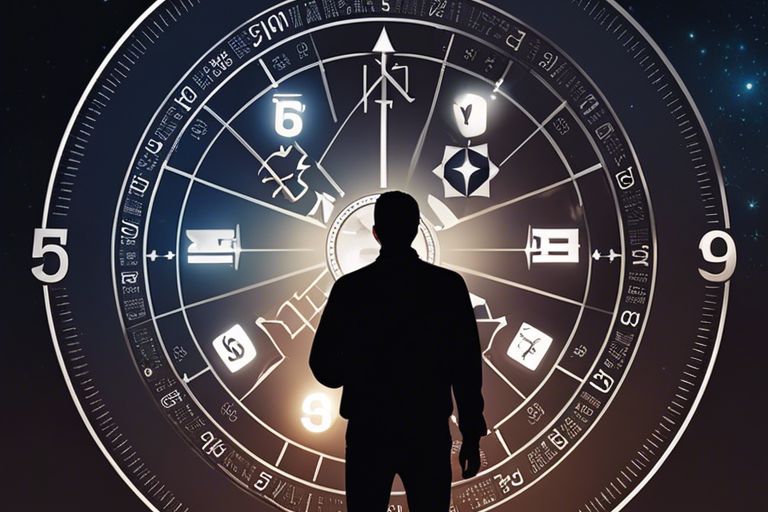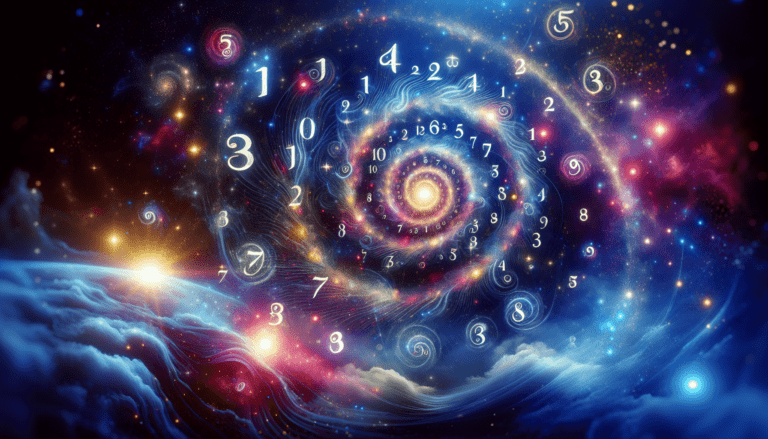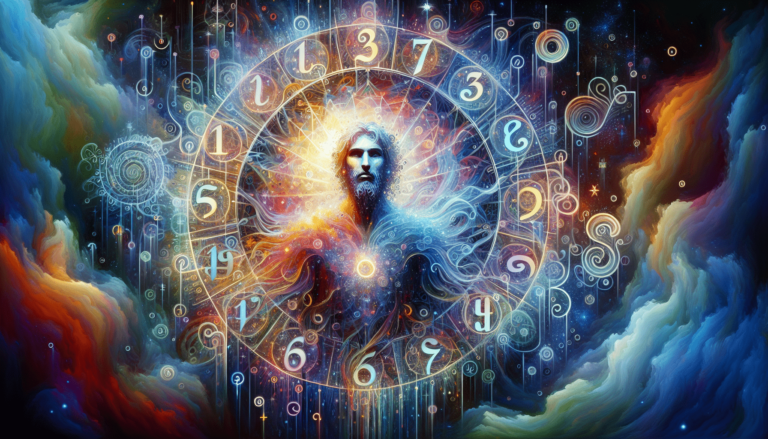What Is Numerology in Islam?
As you examine into spirituality and self-discovery, you may have stumbled upon the concept of numerology, a practice that assigns mystical significance to numbers. But have you ever wondered how this ancient discipline fits into the Islamic faith? In a religion that emphasizes the oneness of God and the importance of submitting to His will, does numerology have a place? As you explore the intersection of numerology and Islam, you’ll uncover a fascinating world of symbolism, sacred texts, and the search for meaning in the divine.
The Concept of Numerology
To understand the concept of numerology in Islam, it’s necessary to investigate into its core principles and history. Numerology is an ancient practice that assigns mystical significance to numbers, believing they hold secrets to the universe and human life. In the context of Islam, numerology is often associated with mysticism and spirituality, aiming to uncover hidden meanings and connections between numbers and the Quran.
Origins and History
Conceived in ancient civilizations, numerology has evolved over time, influenced by various cultures and belief systems. The concept of numerology in Islam is rooted in the teachings of Islamic mystics and scholars, who explored the symbolic significance of numbers in the Quran and Hadith (Prophetic traditions).
Basic Principles
About the fundamental principles of numerology in Islam, you’ll discover that it revolves around the idea that each number carries a unique energy and vibration, influencing your life and destiny. By deciphering these numerical codes, you can gain insight into your personality, strengths, and weaknesses, as well as the path to spiritual growth and self-awareness.
Numerology in Islam emphasizes the importance of understanding the symbolic language of numbers, which is believed to be a reflection of Allah’s divine plan. By analyzing your birth date, name, and other significant numbers, you can uncover patterns and connections that reveal your life’s purpose and potential. This knowledge can guide you in making informed decisions, overcoming challenges, and aligning yourself with your spiritual goals.
Islam’s Stance on Numerology
You may wonder what Islam has to say about numerology, and whether it is acceptable or not in the Islamic faith. The answer lies in understanding the Quranic perspective and the views of Islamic scholars.
Quranic Perspective
Above all, the Quran does not mention numerology explicitly, but it does emphasize the importance of relying solely on Allah for guidance and wisdom. [The Quran clearly forbids seeking guidance from sources other than Allah.]
Hadith and Scholarly Views
An examination of Hadith literature and the views of Islamic scholars reveals a general consensus that numerology is a form of fortune-telling, which is prohibited in Islam. [Many scholars consider numerology to be a form of polytheism, which is a grave sin in Islam.]
Hence, when exploring the concept of numerology in Islam, it becomes clear that Islamic scholars have consistently warned against indulging in such practices, citing the potential for them to lead believers astray from the true path of Islam. [The prohibition on numerology is rooted in the Islamic principle of tawakkul, or trust in Allah’s plan.]
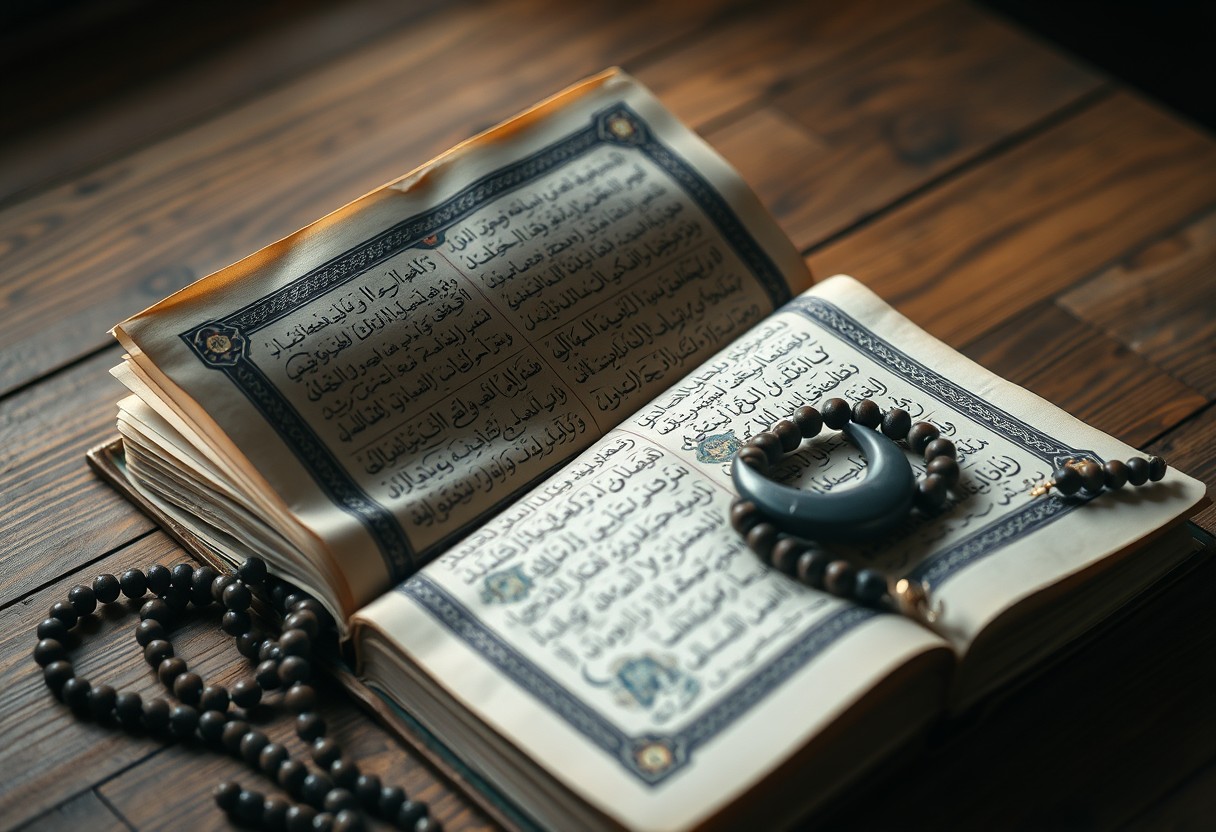
Numerology in Islamic Practices
While exploring numerology in Islam, you’ll discover that it has a significant presence in various aspects of Islamic practices. From the intricate calligraphy adorning mosque walls to the careful selection of dates and timings for significant events, numerology plays a subtle yet profound role in shaping Islamic traditions.
Arabic Numerals and Calligraphy
Besides its spiritual significance, Arabic calligraphy has been revered for its aesthetic appeal, with each numeral and letter carrying a unique energy and vibration. As you investigate into the world of Arabic numerals, you’ll notice how they’re used to convey deeper meanings and symbolism in Islamic art and architecture.
Dates and Timings in Islamic Events
Numbers play a vital role in determining the timing of Islamic events, such as the celebration of Eid-al-Fitr and Eid-al-Adha [It’s imperative to note that while numerology influences these dates, it’s not the sole deciding factor]. Numerals are used to calculate the lunar calendar, ensuring that these events coincide with the sighting of the crescent moon.
The careful selection of dates and timings is rooted in the Islamic belief that certain numbers possess inherent spiritual properties. For instance, the number 9 is considered sacred in Islam, as it’s associated with the nine verses of the Quran that mention the importance of Ramadan. As you explore this aspect of numerology in Islam, you’ll gain a deeper understanding of the intricate connections between numbers, spirituality, and Islamic practices.

Debunking Misconceptions
Once again, it’s crucial to separate the truth from the myths surrounding numerology in Islam. You may have come across various claims and misconceptions, but it’s vital to approach this topic with a critical eye.
Separating Fact from Fiction
One of the most significant misconceptions is that numerology is an Islamic practice. [In reality, Islam strictly prohibits any form of fortune-telling or divination.] You need to be aware of the distinction between Islamic teachings and cultural practices that may have been influenced by other belief systems.
The Role of Astrology and Fortune-Telling
Along with numerology, astrology and fortune-telling are often associated with Islamic practices. [However, these practices are explicitly forbidden in Islam, and Muslims are warned against indulging in them.] You should be cautious of any claims that suggest otherwise.
Hence, it’s crucial to understand that astrology and fortune-telling have no basis in Islamic teachings. In fact, the Quran and Hadith (the sayings and actions of the Prophet Muhammad) condemn these practices, emphasizing the importance of relying solely on Allah’s will and plan. As you explore numerology in Islam, keep in mind that these practices are not only un-Islamic but also harmful to one’s faith and spiritual growth.
Numerology in Modern Islamic Context
Many Muslims today are curious about the role of numerology in their faith, and its relevance to their daily lives. As you explore the intersection of Islam and numerology, you may find that it offers a unique perspective on understanding yourself and the world around you. In this modern context, numerology is not just about predicting the future, but about gaining insight into your personality, strengths, and weaknesses. [The Islamic scholars have differing opinions on the permissibility of numerology, and it is vital to approach this topic with caution and consultation with religious authorities.]
Contemporary Applications
Beneath the surface of modern Islamic society, numerology is being used in various ways to improve one’s life and faith. You may find that numerology is being applied in fields such as education, counseling, and personal development, helping individuals to better understand themselves and their place in the world. [Some Muslim scholars argue that numerology can be a useful tool for self-reflection and personal growth, as long as it is not used for fortune-telling or predicting the future.]
Cultural and Social Implications
Numerology has significant cultural and social implications in the Islamic world, shaping the way you perceive yourself and your community. It influences the way you approach important life decisions, such as choosing a spouse or a career path. [The permissibility of numerology in Islam is a topic of ongoing debate, and its cultural and social implications are still being explored and understood.]
Modern Islamic societies are grappling with the role of numerology in their cultural heritage. As you probe deeper into this topic, you will find that numerology has influenced various aspects of Islamic culture, from architecture to art. It has also shaped the way Muslims approach spirituality and mysticism, offering a unique perspective on the nature of reality and the human experience. [Ultimately, the decision to practice numerology or not is a personal one, and it is vital to approach this topic with an open mind and a critical perspective.]
Criticisms and Controversies
Despite the growing interest in numerology, many Muslim scholars and critics have raised concerns about its compatibility with Islamic teachings. You may have noticed that some Islamic authorities have denounced numerology as a form of divination, which is explicitly forbidden in the Quran.
Skepticism and Critique
Any serious exploration of numerology in Islam will inevitably encounter skepticism and critique from those who view it as a form of superstition or innovation. You may have come across arguments that numerology has no basis in Islamic scripture or tradition, and that it may even lead to polytheism or shirk.
Balancing Faith and Reason
Skeptical of numerology’s claims, you may wonder how to navigate the complex relationship between faith and reason in Islam. As you research deeper into the subject, you’ll encounter debates about the role of rational inquiry and spiritual intuition in understanding Islamic teachings.
Consequently, as you explore the intersection of numerology and Islam, you’ll need to carefully consider the epistemological and theological implications of using numbers to gain insight into the divine. By doing so, you’ll be able to develop a more nuanced understanding of the potential benefits and limitations of numerology within an Islamic framework.
Conclusion
With this in mind, you now have a deeper understanding of the complex and multifaceted relationship between numerology and Islam. As you reflect on the principles and practices of this ancient art, you may find yourself pondering the significance of numbers in your own life. Whether you’re drawn to the mystical or the mathematical, the study of numerology in Islam offers a fascinating window into the human experience, inviting you to explore the hidden patterns and rhythms that shape your world.
